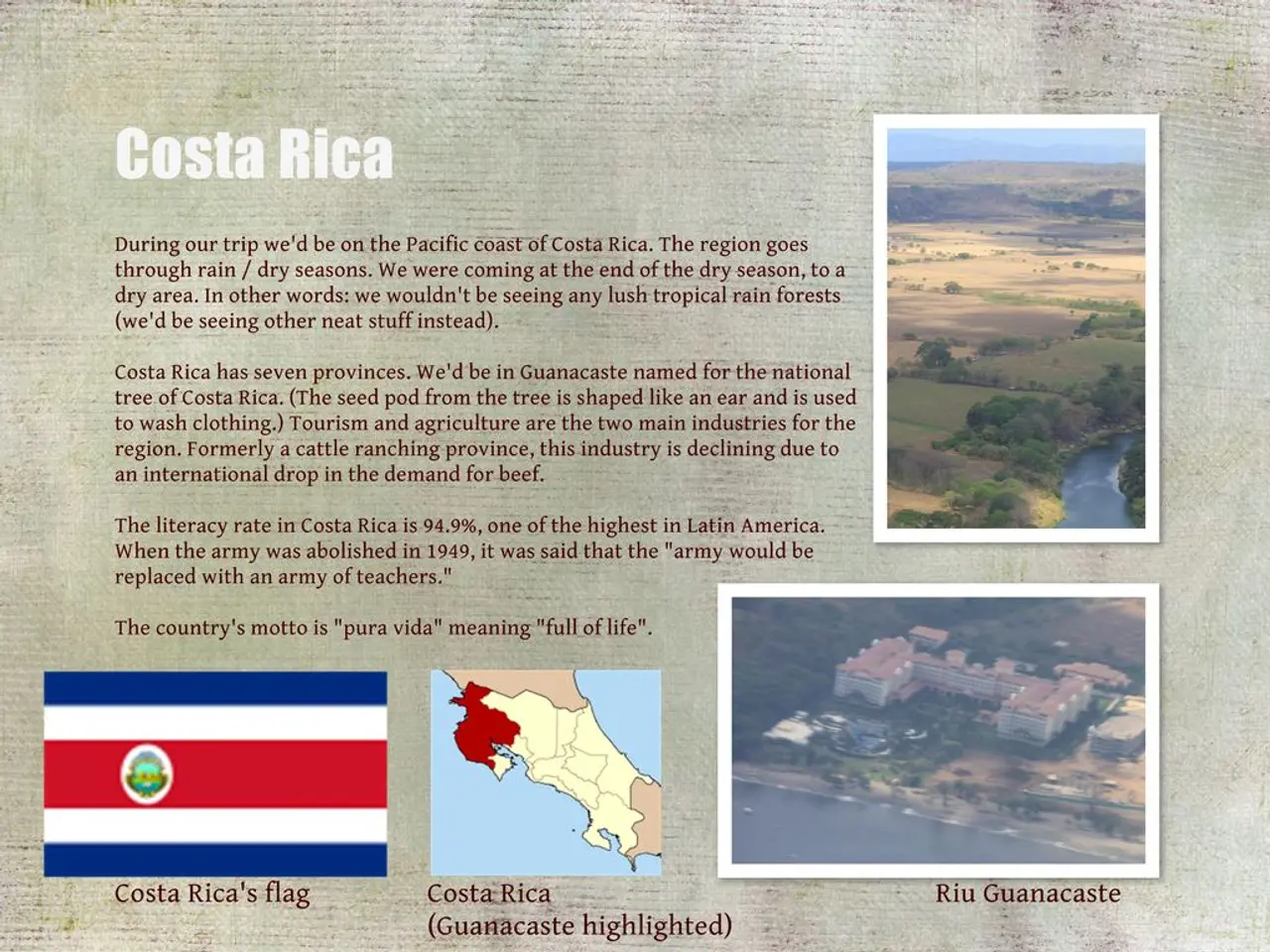Costa Rica will witness the installation of 230 electric vehicle chargers by ICE in 2025, speeding up the nation's transition towards electric mobility.
Costa Rica to Install 230 New Fast Chargers for Electric Vehicles
The Costa Rican Electricity Institute (ICE) is set to expand its network of electric vehicle chargers, aiming to reinforce rural and border regions, and attract interest from neighbouring countries.
ICE's electromobility coordinator, Jonathan Bonilla, has announced that the tender process for the installation of 200 additional semi-fast chargers with a capacity of 21 kW is nearing completion. The contract for the purchase of these chargers will be signed with the company CHINT soon. Additionally, the installation of 30 new fast chargers, each with a capacity of 150 kW from the brand StarCharge, is expected to begin next year.
These chargers will be strategically placed in shopping centres, tourist areas, and urban and peri-urban locations across the country. Bonilla also mentioned that fast chargers will be installed in areas like the border with Panama and Nicaragua.
The choice of StarCharge was based on factors such as technology, spare parts support, and the in-house manufacturing of electronic cards and connectors. ICE has provided a roadmap on how to replicate this electric charger model in other Central American countries.
ICE has faced challenges in installing chargers in rural areas with limited electrical infrastructure, but has managed to install them in areas more than 300 kilometres from San José. The institute has also participated in international cooperation agreements, offering advice and sharing its experience in purchasing and installing electric chargers.
Costa Rica has been a leader in electric mobility in Central America, attracting interest from countries like Honduras, El Salvador, and Guatemala. The cost of using the fast chargers is regulated per minute by ICE.
ICE plans to improve the quality of service with the addition of new chargers. The institute's access to the chargers is available 24/7, 365 days a year, in strategic locations like shopping centres and tourist areas.
Bonilla suggests evaluating a power-based model for charging in the future. ICE is close to concluding the tender process and moving forward with the contract signing for the installation of new chargers. The project is in its final development phase and involves participation from both a public and private company.
With this major expansion, Costa Rica is poised to strengthen its position as a leader in electric mobility in Central America, making it easier and more convenient for electric vehicle owners to travel across the country and beyond.








